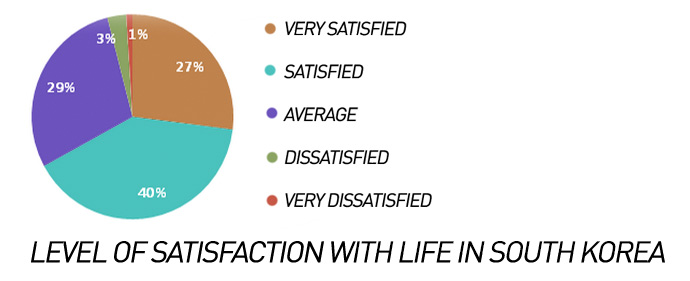A columnist in the Catholic Peace Weekly gives us a look into the situation of North Koreans living in the South.
Those born in North Korea who left for the South are called by many names. During the war years, they were called displaced persons or separated families. After the war: defectors from the North, North Korean compatriots, people of a new land, for administrative reasons they are called defectors from the North.
The latest statistics show over 30,000 defectors in the South. Before 1990 they counted about 10 defectors coming to the South during the year. After this date, the numbers increased. In 1999 about 100 entered Korea each year. 3 years later this increased to over 1000 and in 2006 over 2000 entered the South. Before 1990 there were only 600 in the South which is an indication that something had changed in the North after 1990.
During the middle of the 1990s many died of starvation and the reason many left the North. In the new century the economy improved greatly but the defections continued to increase which shows it was not only the economy that was prompting the movement to the South. Many wanted to rejoin their families, a better life and to help those in the North.
At different times and for varied reasons many made the difficult trip to the South. They live in cities, living in rented apartments supplied by the government, helped by the government to find jobs and trained. They hesitate to divulge with confidence that they are from the North because of the fear of discrimination and prejudice and wanting to avoid the pain from shunning. [possibly the fear of officials' prying may be a problem for some]
Instead of being welcomed warmly in the workplace and in schools there is a distancing and ignoring of them. The spirit that was present when there were 20,000 is still present with 30,000. The numbers of those who have dropped out of school have decreased but relations with others is far from warm.
The fear of hunger no longer exists but the hunger for human friendship is still present. The government has shown interest in helping make the transition. They continue to improve the treatment in welcoming the displaced persons and accepting them as brothers and sister in the workplace and schools.
If we are to achieve unification there is a need to keep in mind North Koreans who are in the South and to treat them as family. They need to be integrated, feel at home and able to communicate with others as members of the same united family.

No comments:
Post a Comment